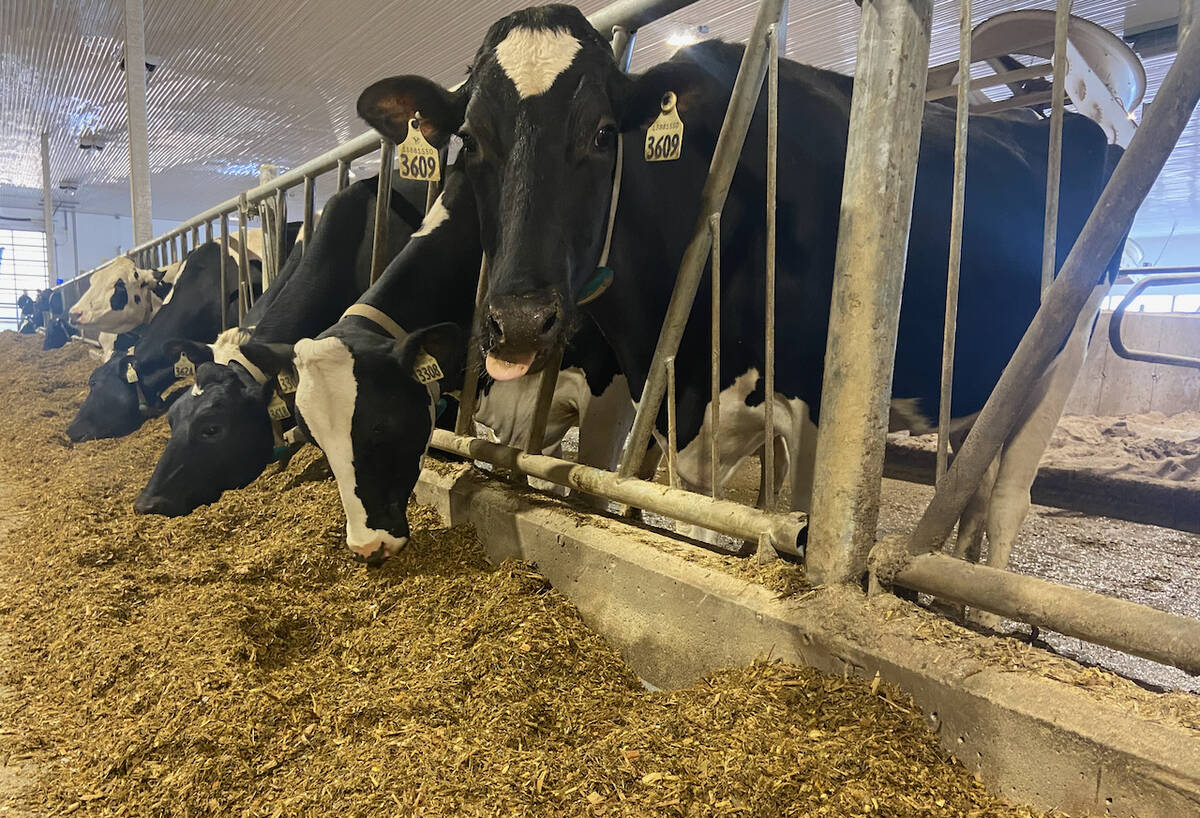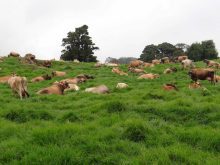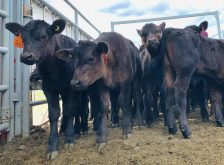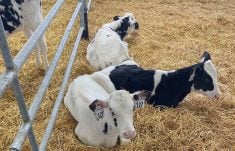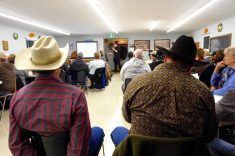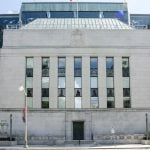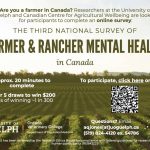Imagine a world free from plastics, cow burps, crop inputs, meat and farms. Not in your wildest dreams? Currently, there are social media influencers who are promoting just this.
It is not a reality yet to consider being free of single use plastics. Plastic is everywhere in everything we eat, drive, wear and watch. It was a disruptive innovation that changed the world. And so much of this has been good. It is single use plastics, especially in human and animal medicine, that has saved countless lives from the perils of cross contamination.
To address environmental concerns, bioplastics derived from sugar cane, corn, hemp or seaweed are coming off the research bench. Depending on the product, they do not all degrade equally nor is there necessarily a reduced emission in the process.
Read Also
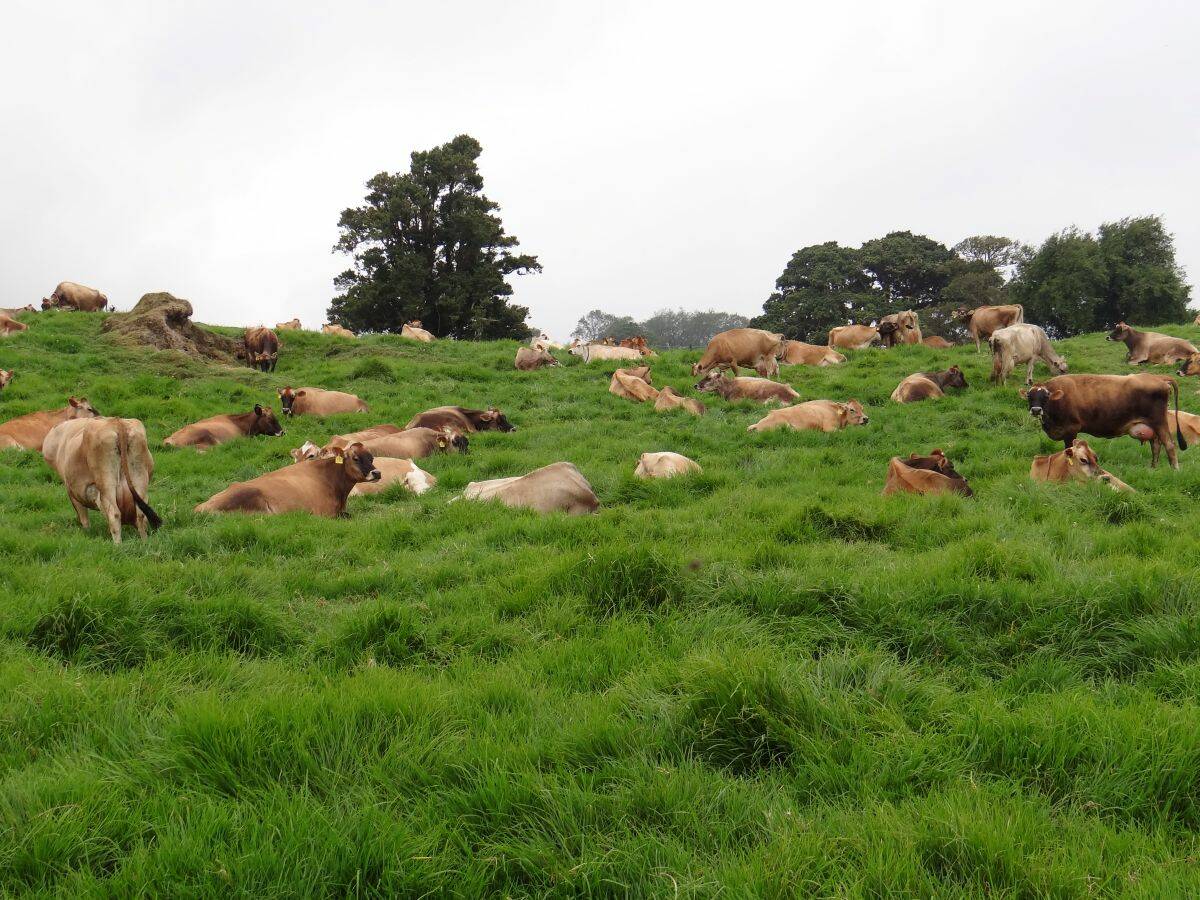
Is inflammation the real cause of milk fever in cattle?
UAlberta researcher Burim Ametaj’s theory challenges 200 hundred years of science and his work may change the approach for treatment.
How do we frame the conversation to recognize the value of plastic while encouraging alternatives from farmed products to be developed?
In Canada, there is indeed a lot of plastic waste at 3.3 million tonnes annually. Only nine per cent of that ever sees recycling which is alone a startling fact. But food waste is nearly as great at 2.2 million tonnes per year. The making of plastic emits methane, and the tossing of food does the same.
However, it is cows that get blamed for producing the majority of the global methane production. It is accepted that cows do contribute to methane, and so do the resources for plastic. There is, however, a difference in the type of methane produced. The methane from livestock is biogenic and part of the natural carbon cycle. In other words, it is part of nature’s recycling program. However, producing and then recycling plastic produces non-biogenic methane which is new or foreign to the atmosphere.
Natural wetlands (including rice production), oil and gas exploration and extraction, reclamation, incineration and mining make up the majority of the methane released. Add a little manure along with oceans and lakes and that equates to 89 per cent of all methane production both biogenic and non-biogenic in nature. Ruminant belching or enteric fermentation from beasts such as cows and camels make up the rest at 11 per cent in strictly biogenic methane that has a quick environmental turn around.
Freeing the land from livestock, as many advocate as a solution to greenhouse gases (GHG), does not address the issue of methane. It only deprives it of a much-needed resource, which is fertilizer that is required along with other crop inputs to ensure that the global demands for food are met without totally compromising the soil. We can’t take away all crop inputs and manure without shorting the world of plant and and animal protein. Without livestock to compliment the soil, it binds and dries.
Although the privileged think this is doable, I am quite certain the one in 11 persons in this world who are hungry would gladly receive the food from a farm over foraging the weeds for edible seeds.
Then there is the 500 or so co-products that come off the beast such as a beef animal. To be free from beef is to be free from such common favourites as leather or cosmetics, both of which I would argue society is not ready to give up. From shampoo to shoes, bone meal to brisket, there is great value in honouring the food animal for their role in society.
There is value in an ecology that nurtures humans, animals and plants. The movement to justify the destruction of the farm and its emissions overlooks disruptive societal contributions to pollutants such as the 1.5 million tonnes of dog poo from city pets, 1.5 billion diapers, 909 million plastic cosmetic packages or the 500,000 tonnes of fabric from discarded clothes that end up in Canadian landfills each and every year and through their degradation — also produce methane.
Still the ever eco-conscious warriors demand that we have no food animals and better yet no farms. Little do they realize that an industrialized urban food system without farms is the grossest form of a monoculture in itself. The dog bites its own tail when promoting a wild of weeds or the division of cells to replicate what nature gave us to honour and to manage.
For Canadian farmers this is an opportunity to lead the conversation in the technical advancements along with the intimate ecology of food production. It is our time to become the compliment and the cure to societal concerns including the reduction and the capture of GHG such as methane.
Agriculture is the solution. Plastic will be replaced with a farm product. Greater advances in by-product use of food animals will emerge as will advanced feeds and foodstuffs. Supply chains will be developed to target specific needs and reduce waste.
We can take on the challenge to be leaders in the critical task of teaching each generation the intersection of all living things, the importance of a respected ecology, the need for more recycling and curious research and the value of co-existence from the farm gate to the city plate.
A free world starts on the farm.


